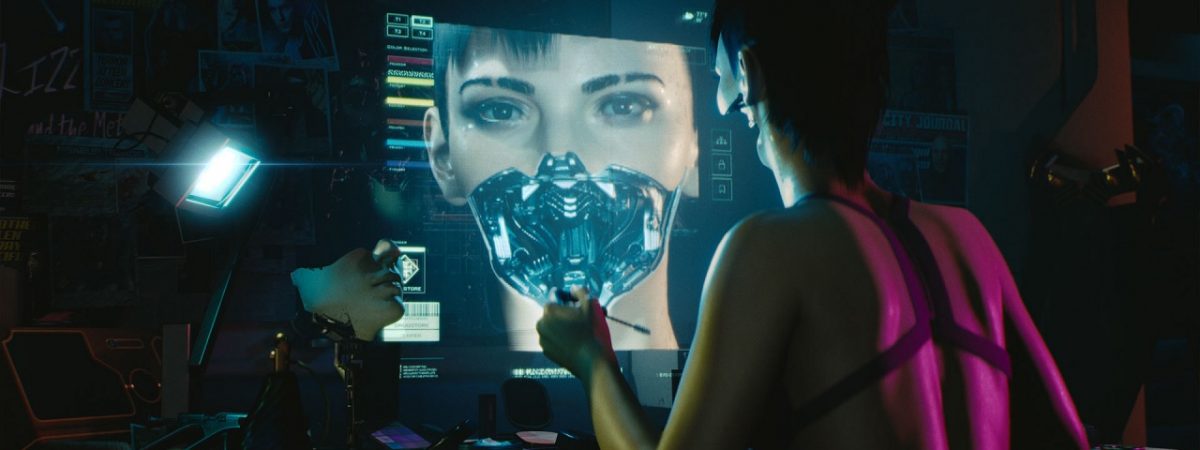There are few aspects to Cyberpunk 2077 which are as synonymous with the genre than the inclusion of cybernetics. Cybernetic enhancements and prosthetics are set to play a huge role in the upcoming title. Indeed, CD Projekt Red showed off a wide range of them in the 48-minute gameplay demo released last month. However, for all of the benefits to the Cyberpunk 2077 cybernetics, there are drawbacks. “Cyberpsychosis” is one such problem.
The Cost of Using the Cyberpunk 2077 Cybernetics
Players who use cybernetic augmentations can gain access to a wide variety of abilities. Cybernetic eyes appear to display different HUD options, as shown in the recent gameplay demo. Meanwhile, modifications to limbs allow players to jump higher, move faster, climb walls, and more. There are doubtless plenty more which CD Projekt Red has yet to unveil. However, all of these advantages don’t come for free. Firstly, players will have to pay for them in-game, and many cybernetics are expensive. Over-using cybernetics may also expose players to something called cyberpsychosis. Part of a mechanic which will feature in Cyberpunk 2077, cyberpsychosis will negatively impact a player’s mental health. CD Projekt Red is keeping the details of exactly what it will do under wraps for now, however.

This detail emerged recently from interviews which are set to appear in the November issue of Edge magazine. Cyberpunk 2077 will feature on the magazine cover, and interviews in the issue delve into a range of topics associated with the upcoming game.
Patrick Mills, the Quest Designer for Cyberpunk 2077, also spoke with Edge about another cost to cybernetics. Players in need of cybernetic parts, replacements, or repairs must rely on the corporations who manufacture their augmentations; “All the travails of the flesh fade away, and you become a perfect machine of chrome,” says Mills; “But you had to buy those body parts from someone, and now you’re in debt to them; if you need parts, you’ve got to go to their store. You have this very Utopian idea of being liberated by technology. And it’s like, not so fast – you haven’t solved the problems. The problems are still there, and technology actually makes them worse. ‘High tech, low life’ is one of Mike’s mottoes.”




